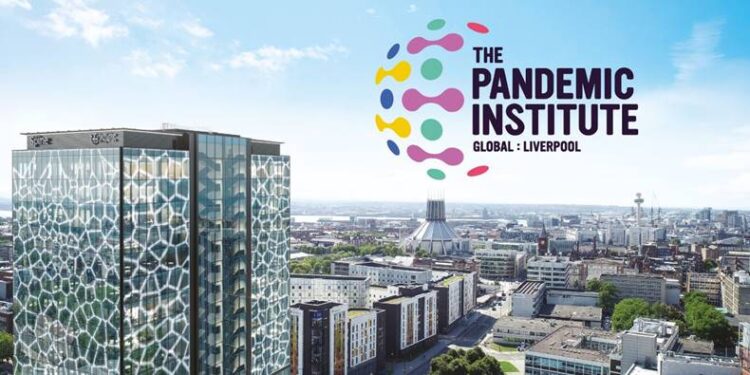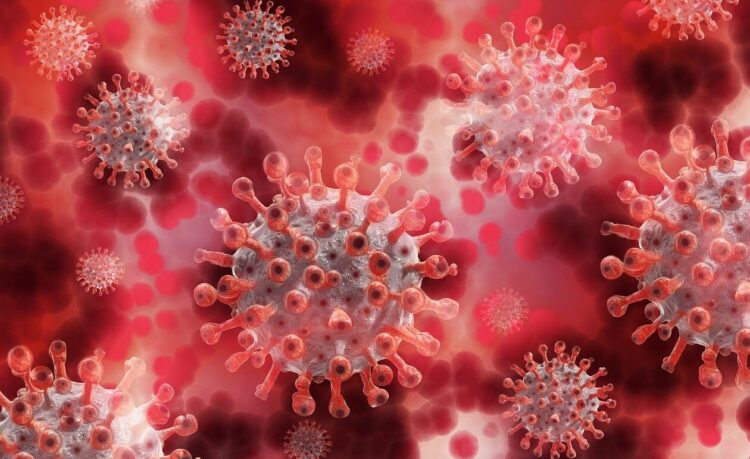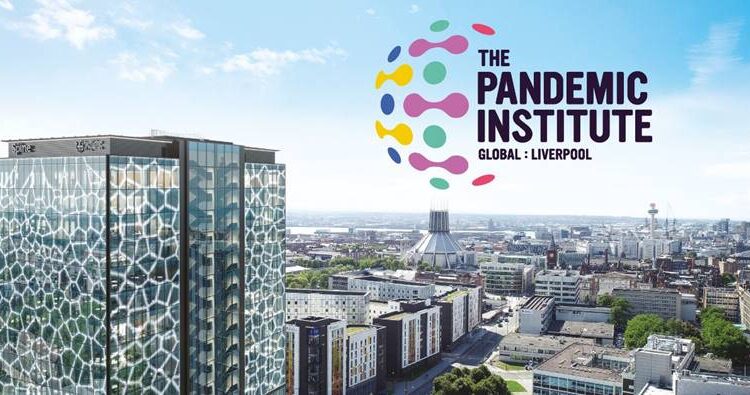A new world class scientific facility that will help countries prepare for future global pandemics is to be set up in Liverpool with an initial £10m funding. Tony McDonough reports

Liverpool is to be home to a world class scientific facility that will help countries around the globe be prepared for future pandemics.
COVID-19 has had a devastating impact on lives and economies across the world. Few countries were adequately prepared for what happened despite regular warnings from experts in the field.
Now Liverpool’s Knowledge Quarter (KQ Liverpool) will be the headquarters of the Pandemic Institute, a medical, academic and civic partnership between a number of bodies representing multiple strands of expertise.
It will include a so-called “human challenge” facility. This will allow new vaccines and other pandemic treatments to be tested under controlled conditions. Had such a facility been available during the height of COVID-19 the vaccine may have been ready for roll-our even earlier.
Professor Daniela Ferreira, the head of clinical sciences at the Liverpool School of Tropical Medicine (LSTM), one of the new institute’s team, said: “Here in Liverpool I led one of the sites for phase 3 of the Oxford vaccine study.
“We were able to set up really quickly. When the Government implemented a national lockdown, the number of cases plummeted. We were expecting to have the vaccine study results in three months but it took much longer because there was less community transmission.”
The partners in the institute are the University of Liverpool, Liverpool John Moores University, LSTM, Liverpool University Teaching Hospital NHS Foundation Trust, Liverpool City Council, Liverpool City Region Combined Authority and KQ Liverpool.
They offer an unrivalled breadth of world-leading clinical, academic, public health and data-driven expertise, all co-located on one campus. The Institute will have significant global reach with collaborations and hubs located across the world.
In response to the COVID-19 pandemic, Liverpool has pioneered innovative approaches including a whole city community testing pilot which cut transmission rates by a fifth. It has also whosted large-scale pilot events on behalf of the Government that provided evidence of how to safely reopen important sectors of the economy.
Initially funded by a £10m gift from Innova Medical Group, a global health innovator and the world’s largest provider of rapid antigen tests, the Pandemic Institute will be headquartered in The Spine, at Paddington Village. The £10m will be just the start. The institute will be seeking more funding partners.
The Spine is soon to be designated one of the world’s healthiest buildings and the newest addition to KQ Liverpool’s impressive Health and Life Science campus. The Pandemic Institute will offer world-leading clinical and research expertise across all stages of the pandemic lifecycle.
It will have global reach, working across the world to deliver new science and build preparedness for future pandemics. The outputs of its work will be rapidly translated into tangible policy, solutions and activity, ensuring real world impact for governments, businesses and individuals across the globe.

The overall aim is to accelerate the global response to pandemics, unify global intelligence and increase the reach and impact of pandemic research. Professor Matthew Baylis, director of the Pandemic Institute, said: “The Pandemic Institute has the potential to help revolutionise how the world responds to pandemics.
“Uniquely, it will take a holistic view, from looking at future threats through to the response of communities and the healthcare system as well as treatments such as medicines and vaccines.
“Liverpool is perfectly placed to be the home for the Pandemic Institute – building on the foundations laid so far in the city, and its significant contributions in this field, Liverpool is a global city with expertise in many fields relevant to pandemics, including medical, tropical and veterinary research.”
Daniel Elliott, chief executive and president of Innova Medical Group, aded: “Innova is committed to improving pandemic outcomes globally and we were attracted to Liverpool after being impressed by the unparalleled amount of large-scale pilot research programmes.”

